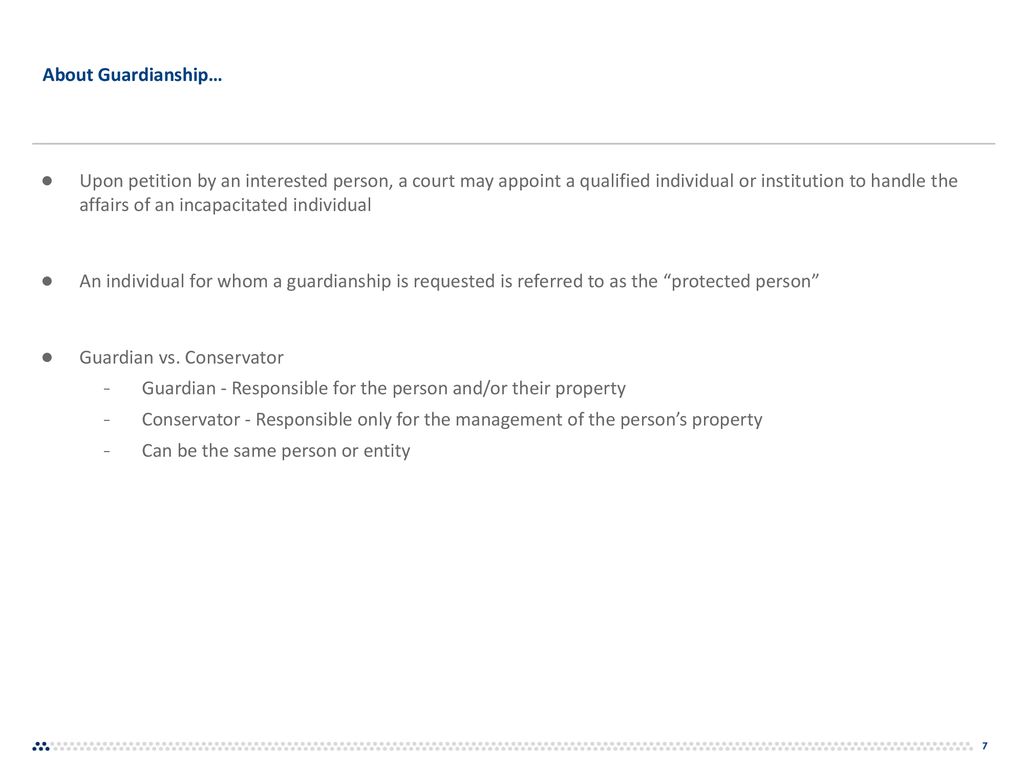Lawyers have a crucial role in advocacy for social justice by delivering legal knowledge and support to individuals and groups looking to assert their rights. In a world where laws often overlap with questions of fairness, lawyers serve as essential allies for those affected by inequity, social injustice, and institutional injustices. They help navigate the challenges of the legal system, empowering marginalized voices and making sure that everyone has access to the legal protections.
In this article, we will explore the multifaceted roles that legal professionals take on within advocacy for equity. From understanding personal injury law and renter's rights to guiding clients through the judicial system in defending accused individuals, attorneys provide important support in a range of legal specialties. We will also address important legal tips everyone should know, what you can anticipate during your initial legal meeting, and the usual legal missteps people make. By the final point, you will have a more comprehensive perspective on how legal professionals contribute not only to individual cases but also to wider societal transformation.

Legal Insights for Everyone
Moving through the legal environment can be daunting, but all individuals should have a fundamental understanding of their rights and obligations. One crucial aspect is recognizing when to hire an attorney. Whether https://baxterthompsonlaw.com/plano-trust-litigation-attorney/ facing a personal injury case, a family law issue, or a commercial dispute, identifying when expert legal guidance is necessary can greatly impact the result of your case. Attorneys not only provide knowledge but also help you maneuver through intricate legal processes.
Another important area to reflect on is the usual legal errors people make. Numerous individuals attempt to address legal matters on their own, leading to errors or misunderstandings that could have been prevented with adequate counsel. Understanding what these mistakes are can help you steer clear of traps that might jeopardize your case. Educating yourself about these blunders can empower you to make wise decisions when legal issues arise.
Moreover, knowledge of your rights can significantly improve your legal standing. For instance, knowing your rights during a police stop or as an employee can prepare you for interactions with the police or your boss. Knowledge of these rights can play a key role in safeguarding yourself and ensuring that you get fair treatment. Engaging with legal resources early on can lead to more favorable outcomes and foster confidence in dealing with legal matters.
Comprehending One's Legal Entitlements
Understanding your lawful rights is crucial for navigating the nuances of the law. Whether you are facing a bodily harm, encountering employment issues, or needing assistance with family law, being aware of your rights enables you to stand up for yourself efficiently. For example, if you are interacted with by law enforcement, understanding your rights, such as the right to remain silent and the right to an attorney, can significantly impact the consequence of your case.
In employment environments, it is crucial to be aware about what rights you have as an employee. These rights involve fair treatment, the right to safe working conditions, and protections against discrimination. If you feel that your rights as an employee have been infringed, understanding the legal protections available to you can aid you take correct action and seek remedy. Meeting with an attorney can illuminate these rights and guide you on the next steps.
Furthermore, in landlord-tenant relationships, being aware of your rights can avert misunderstandings and conflicts. Tenants have specific rights regarding safety, privacy, and habitability. Landlords, on the other hand, have the right to collect rent and maintain their property. Educating yourself about these rights can promote a more amicable living situation and verify that legal obligations are met on both sides. Consulting a lawyer who specializes in tenant rights can provide additional support and guidance.
Steering Through the Legal Procedure
Understanding the judicial procedure can be overwhelming, but maintaining a distinct guideline can help alleviate some of the stress. Regardless of whether you are involved in a litigative lawsuit or exploring a family law issue, knowing what to anticipate can help you handle the complexities. Begin by acquainting yourself with key judicial terms and procedures, as this understanding will enable you to engage more efficiently with your attorney and make knowledgeable decisions.
Hiring the appropriate attorney is crucial for navigating any legal scenario effectively. When looking for advocacy, consider the specialization that corresponds with your particular requirements, whether tort law, family law, or criminal defense. In your initial consultation, talk about your case information openly, and be prepared to pose questions about their experience and methodology. This meeting is crucial, as it sets the tone for your professional relationship and helps you assess if they understand your objectives.
As you progress through the judicial procedure, maintaining systematic documentation and clear communication with your attorney will be critical. Keep track of all correspondence, timelines, and notes from meetings. If situations change or new information arises, promptly inform your lawyer. Staying proactive and informed will not only help your case but also give you increased peace of mind during what can be a challenging time.
